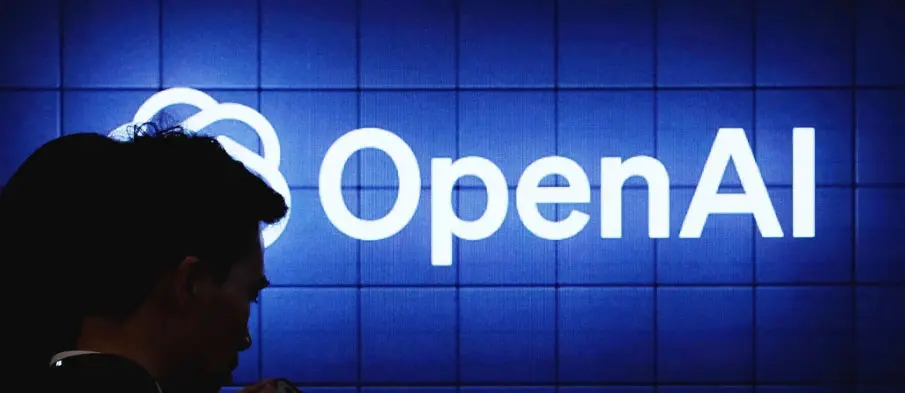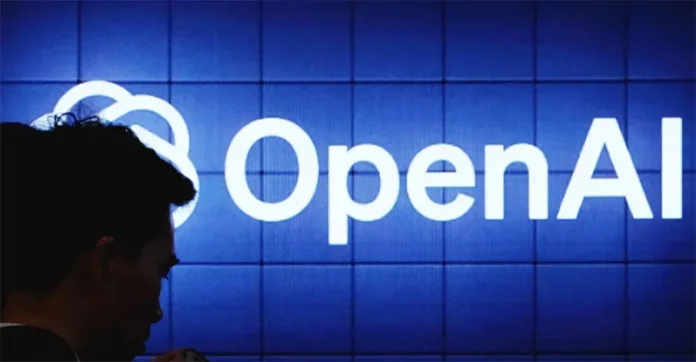
OpenAI, the company behind ChatGPT, has announced plans to roll out a new jobs platform in 2025 aimed at connecting employers with workers skilled in artificial intelligence. The move comes amid growing debate over AI’s impact on employment, particularly in sectors already feeling the effects of automation.
Alongside the jobs platform, OpenAI will introduce an AI certification programme in the coming months. The initiative is designed to train workers in practical applications of AI in the workplace and offer them credentials recognised by hiring organisations. The company has set an ambitious target of certifying 10 million Americans by 2030, helping the workforce adapt to the demands of an AI-driven economy.
The announcements were made during a White House task force meeting on AI and education, hosted by First Lady Melania Trump. The event brought together top technology leaders, including OpenAI CEO Sam Altman and Alphabet’s Sundar Pichai, underscoring the growing political and economic importance of AI’s role in shaping the future of work. Altman is also expected to hold separate discussions with senior White House officials.
Unlike traditional job boards, OpenAI’s platform will allow candidates to showcase their AI-related skills, validate them through certifications, and be matched with businesses and public institutions seeking those capabilities. This approach could place OpenAI in direct competition with Microsoft-owned LinkedIn, which currently dominates professional networking and recruitment.
As part of the certification effort, OpenAI has partnered with Walmart, the largest private employer in the U.S. Walmart confirmed that its 1.6 million American employees will receive free AI training. The retailer already uses AI for workforce scheduling, inventory management, and supply chain optimisation and plans to expand its use of the technology further. For other organisations, certification may eventually involve a fee.
The announcement reflects the ongoing debate over AI’s impact on jobs. While tech leaders argue automation can eliminate repetitive tasks and create new types of work, critics warn of job displacement. A Stanford University study found that employment in AI-exposed sectors such as accounting, administration, and software development has dropped 13% over the past three years, signalling automation’s growing effect on early-career opportunities.
Further details on the jobs platform and certification programme will be shared later this year, though OpenAI has not confirmed when they will be available to the public.





